Ione WellsSouth America correspondent
 Getty Images
Getty ImagesThe US may want many of its foes gone from power. It doesn’t usually send in the military and physically remove…
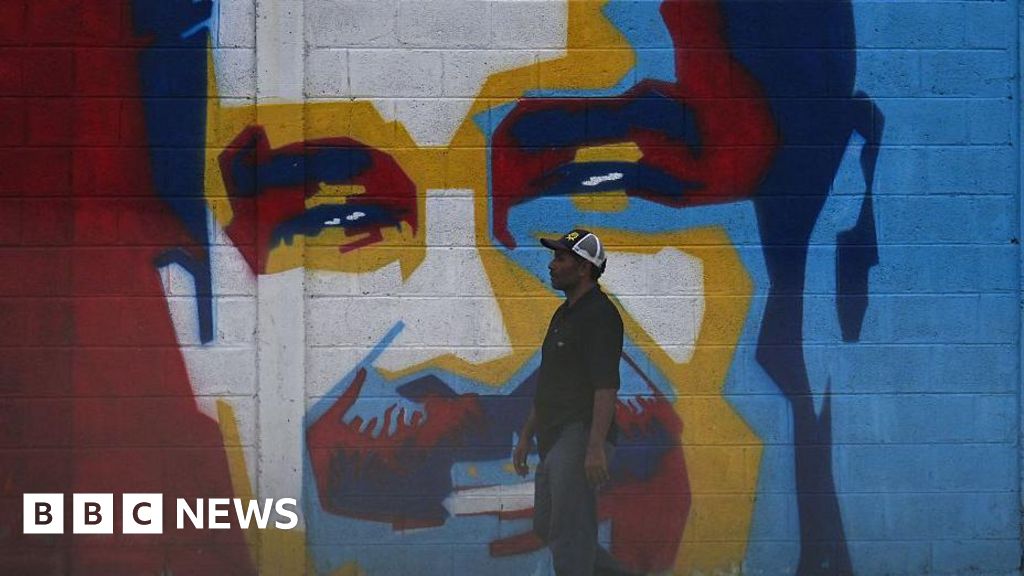
Ione WellsSouth America correspondent
 Getty Images
Getty ImagesThe US may want many of its foes gone from power. It doesn’t usually send in the military and physically remove…
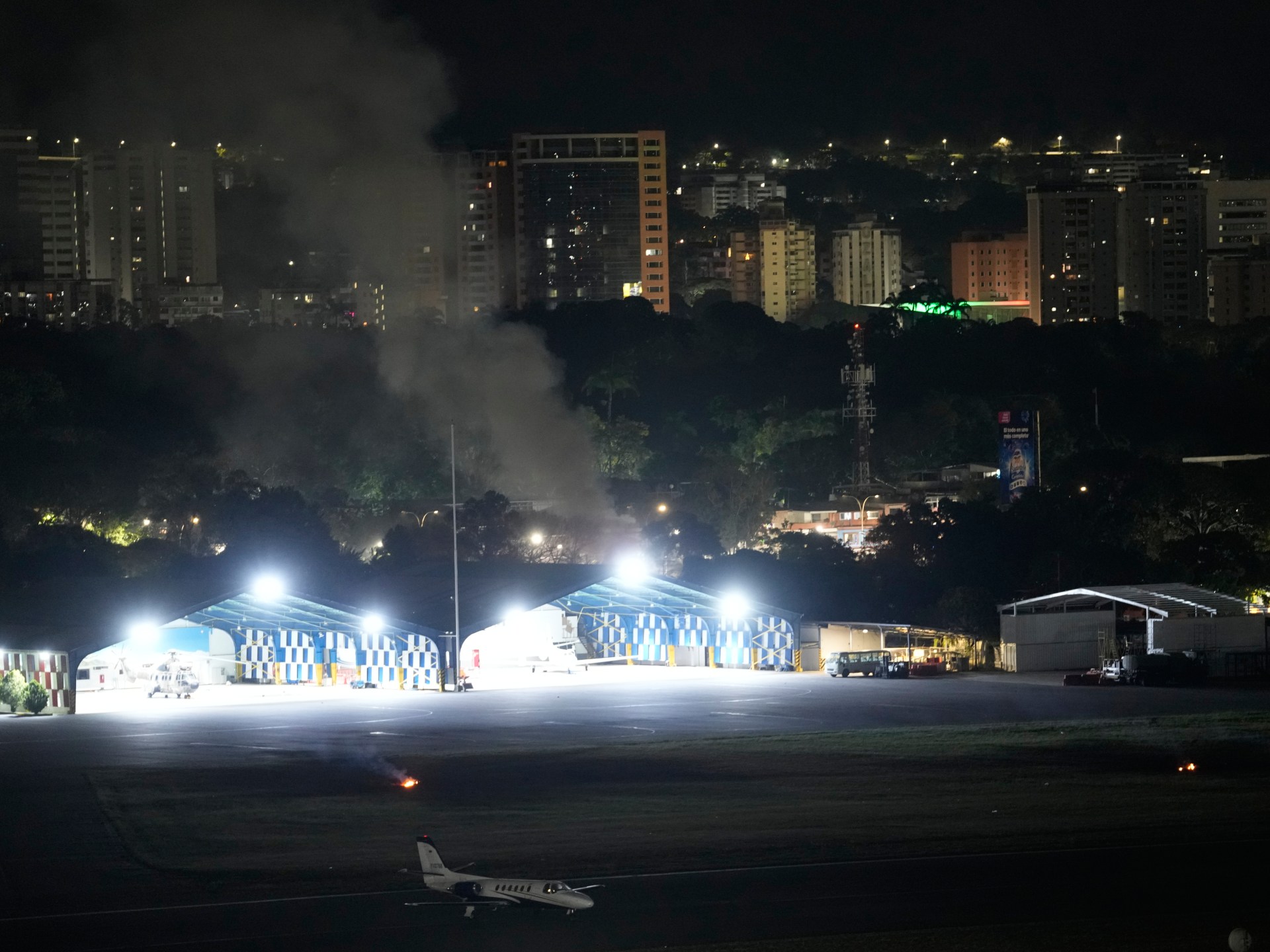
United States President Donald Trump announced on Saturday morning that his country’s forces had bombed Venezuela and captured the South American nation’s president, Nicolas Maduro, and First Lady Cilia Flores in a dramatic overnight military…
Pakistan welcomes the call by Yemen’s Presidential Leadership Council to hold comprehensive talks in Riyadh and once again urges all Yemeni stakeholders to engage in good faith toward a negotiated political solution…

Since September, the United States has increasingly targeted the Venezuelan regime of Nicolás Maduro, blockading oil tankers from the country and using military strikes against boats it said were related to drug trafficking coming from…

BANGKOK — Myanmar’s military-appointed election body has begun announcing the winners of the first phase of its three-part general election, saying that the military-backed party has won the majority of seats, as widely expected.
Critics of the…
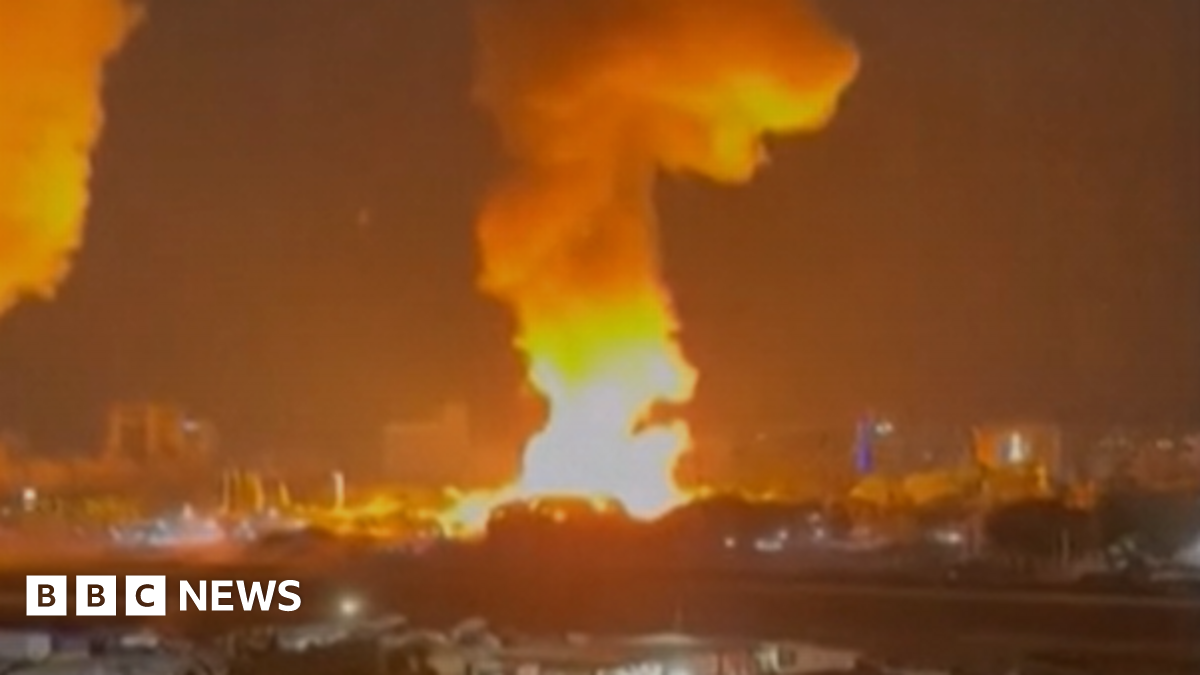
On Thursday, Venezuelan President Nicolás Maduro said he was open to talks with the US on drug trafficking and oil “wherever and…
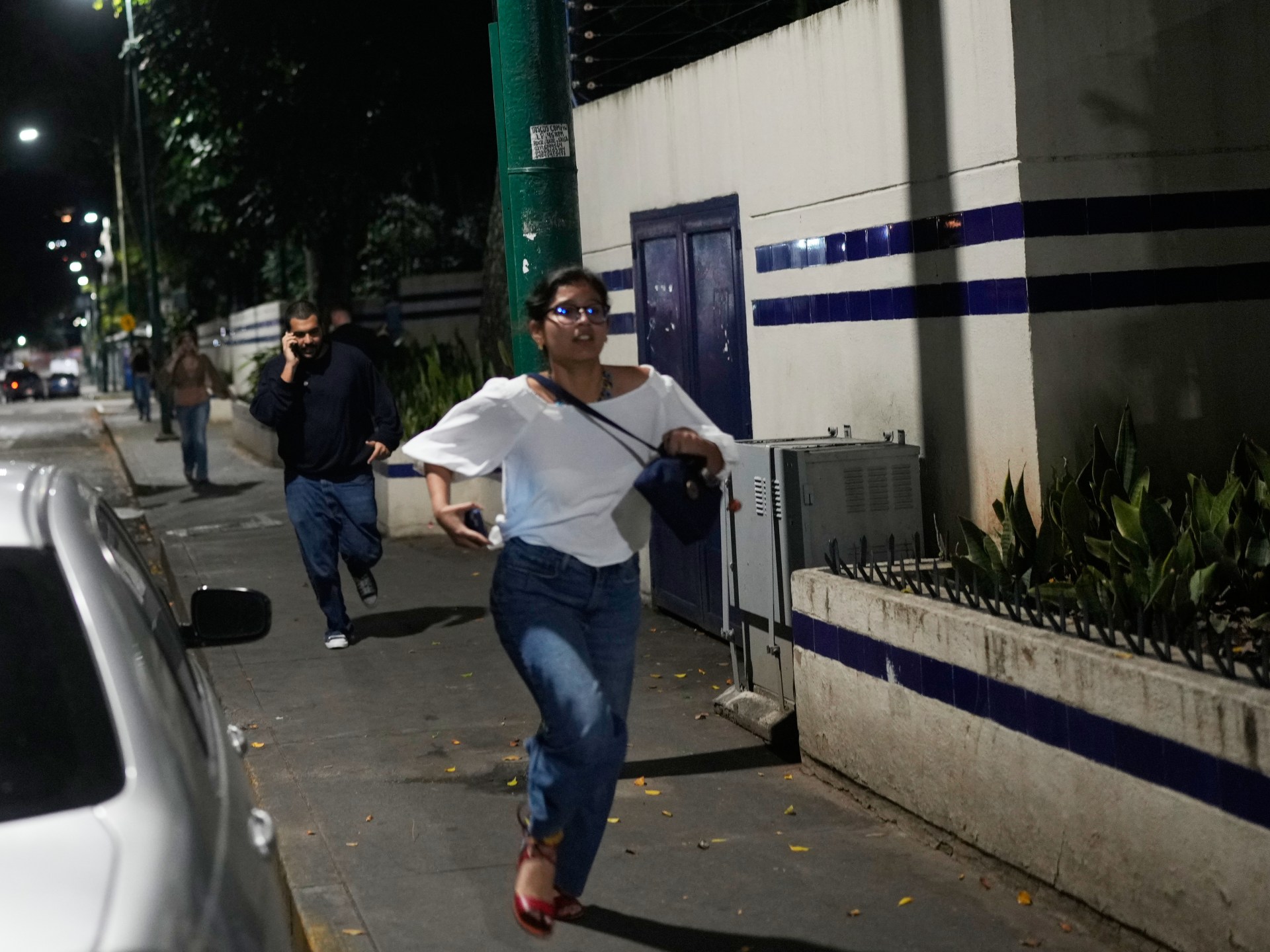
United States President Donald Trump has said the US has carried out a “large-scale strike” against Venezuela and its leader, President Nicolas Maduro.
In a post on Truth Social, Trump claimed Maduro and his wife had been “captured and flown…
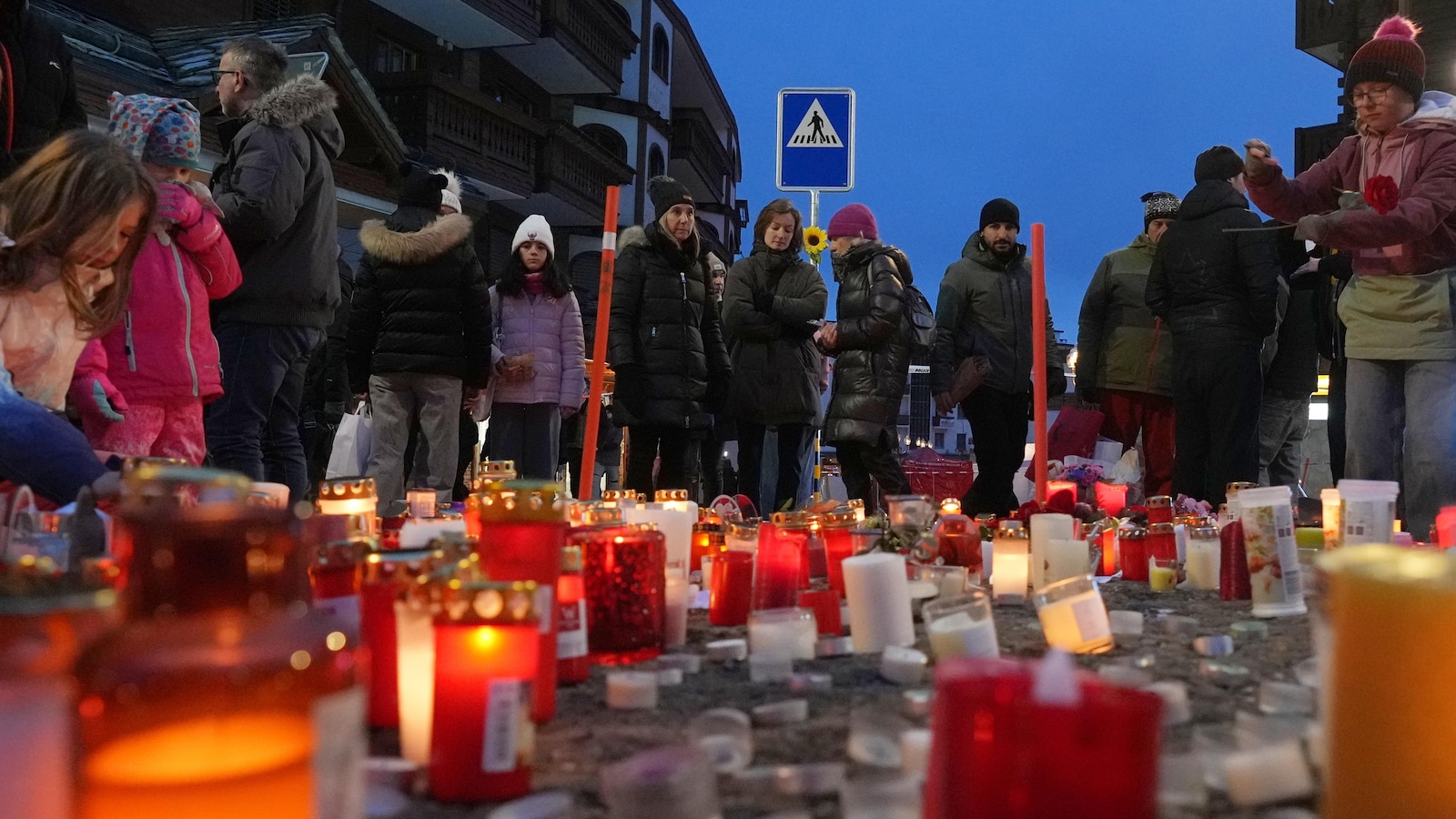
CRANS-MONTANA, Switzerland — In the aftermath of a fire inside a Swiss Alpine bar that killed 40 people celebrating the new year, survivors, friends and family members, the region’s top authorities and even Pope Leo have spoken to the public…

On Thursday, Venezuelan President Nicolás Maduro said he was open to talks with the US on drug trafficking and oil “wherever and…
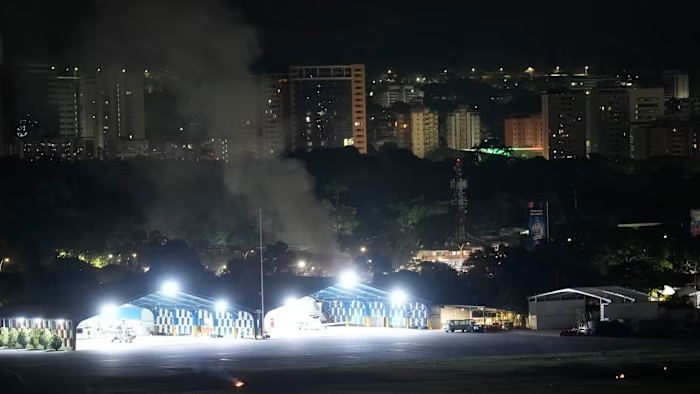
Unlock the White House Watch newsletter for free
Your guide to what Trump’s second term means for Washington, business and the world
Venezuela’s capital, Caracas, was hit by at least seven explosions on Saturday, with residents reporting…